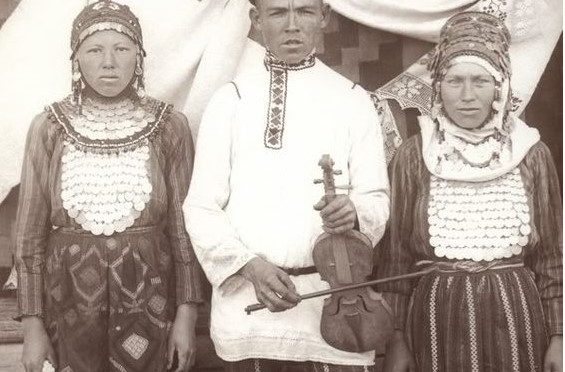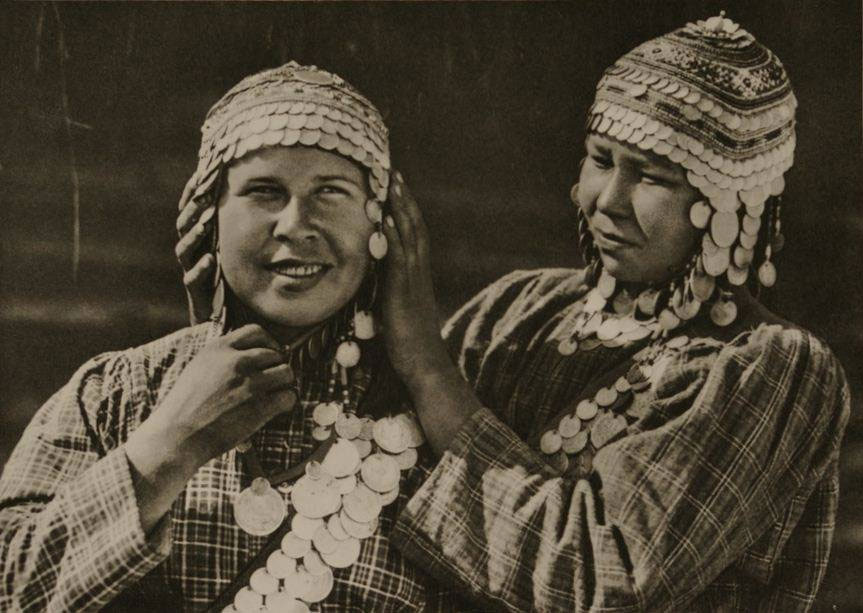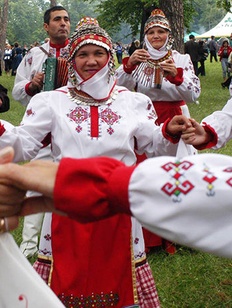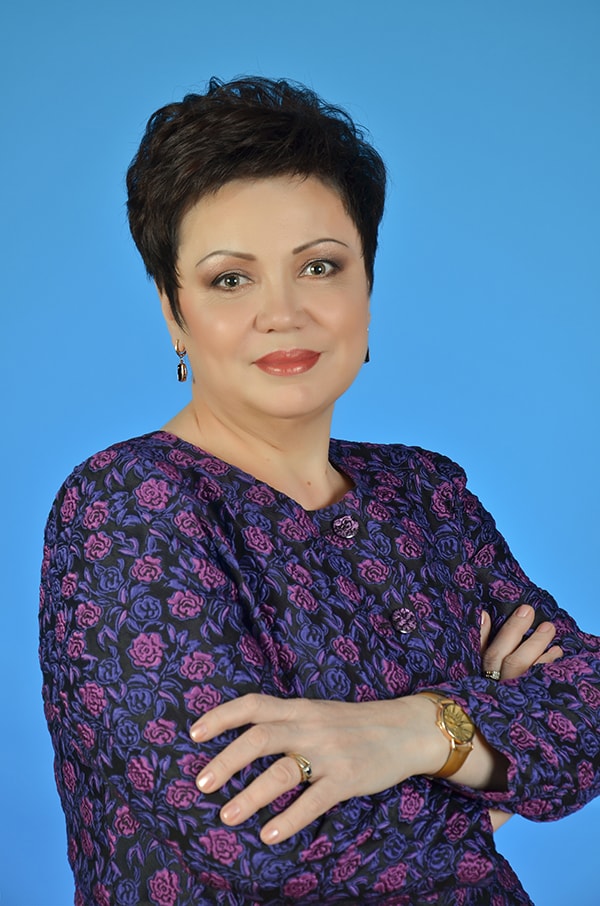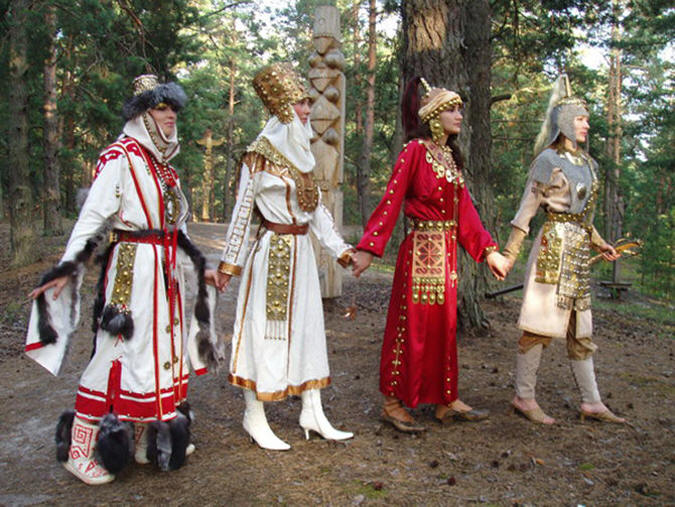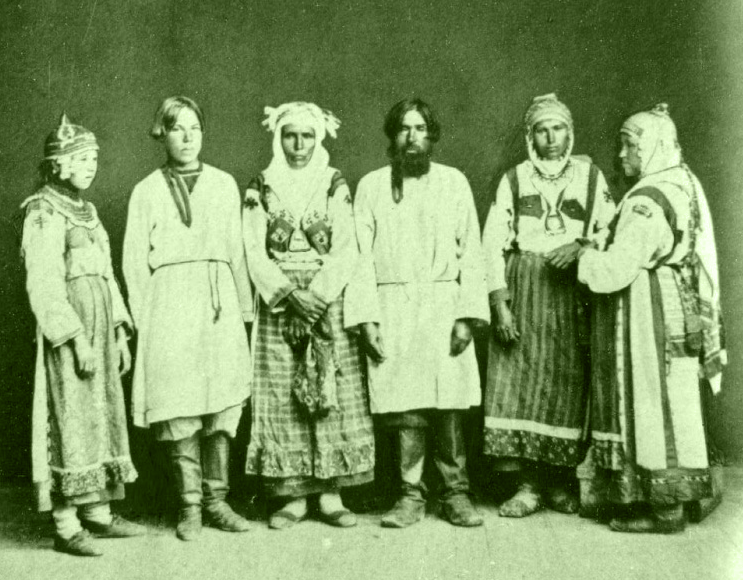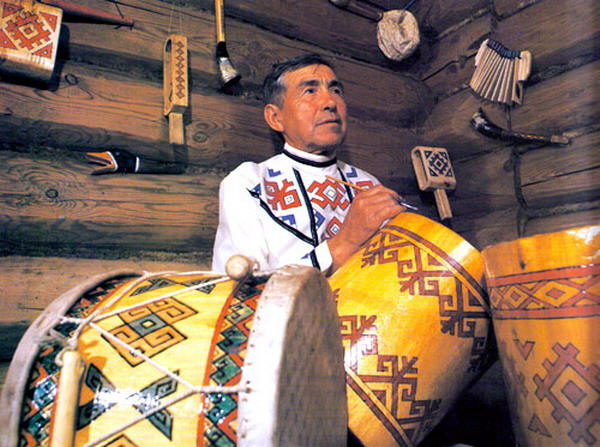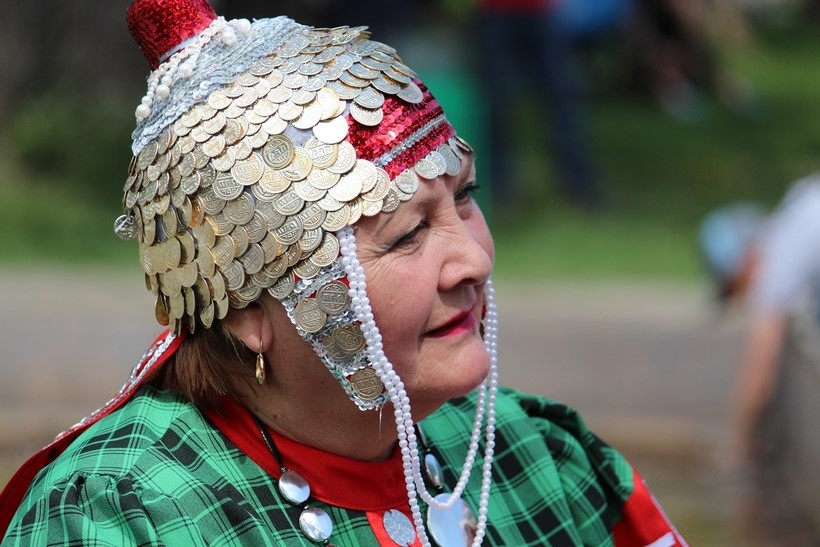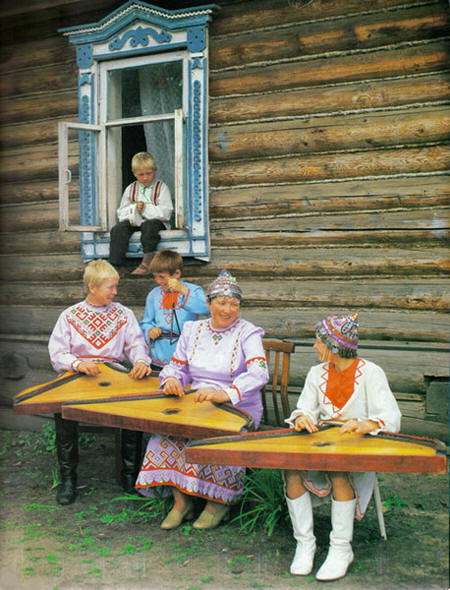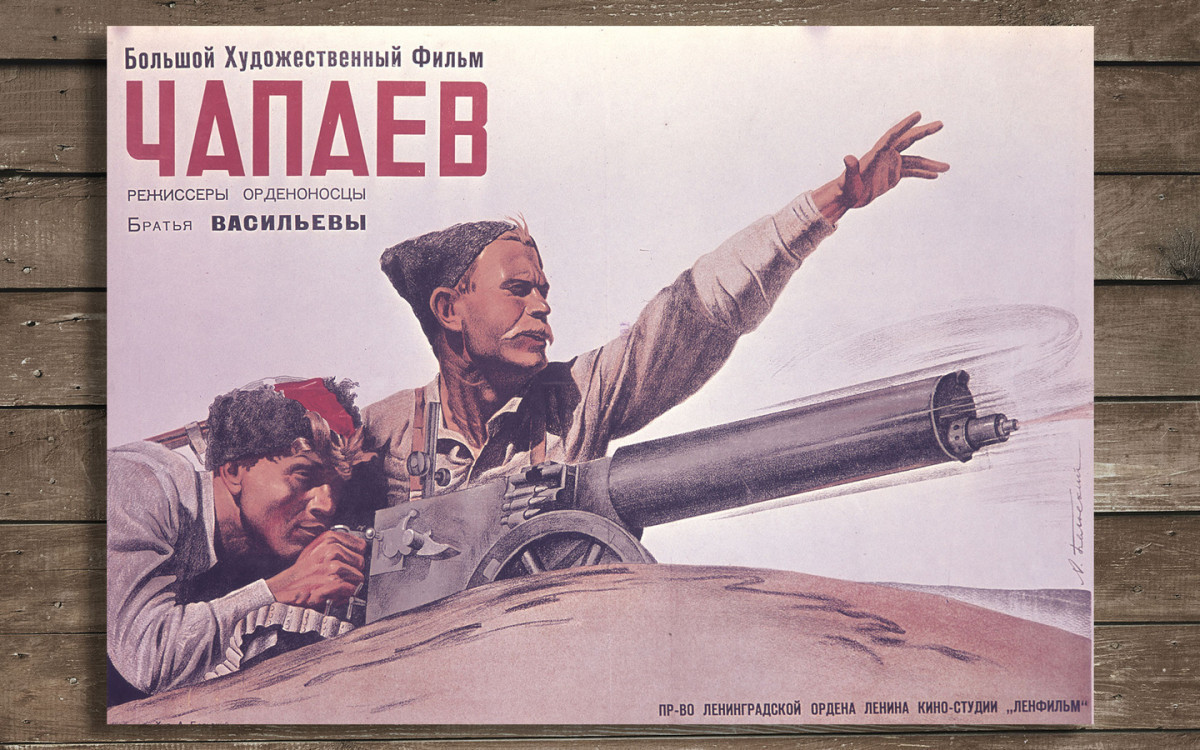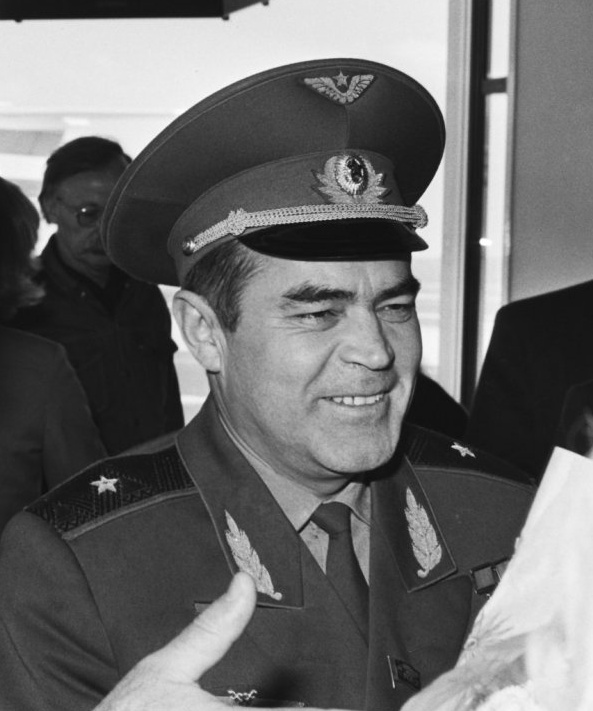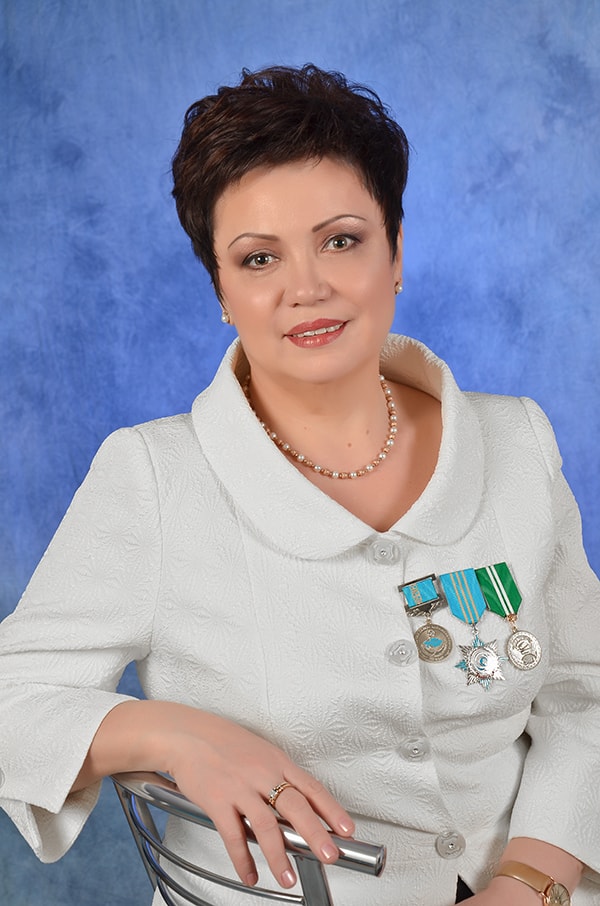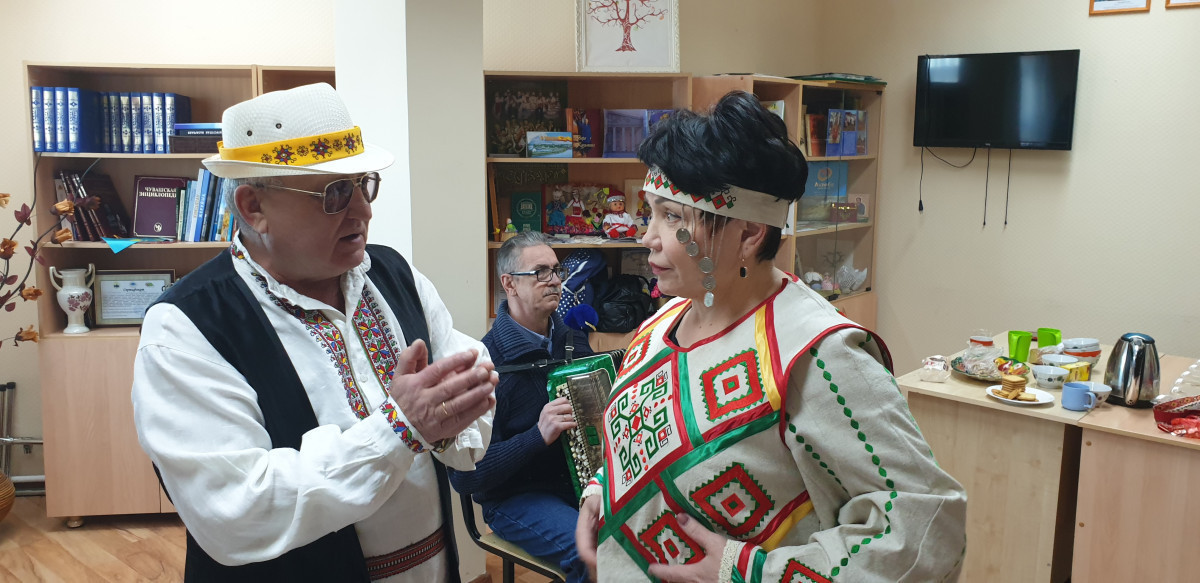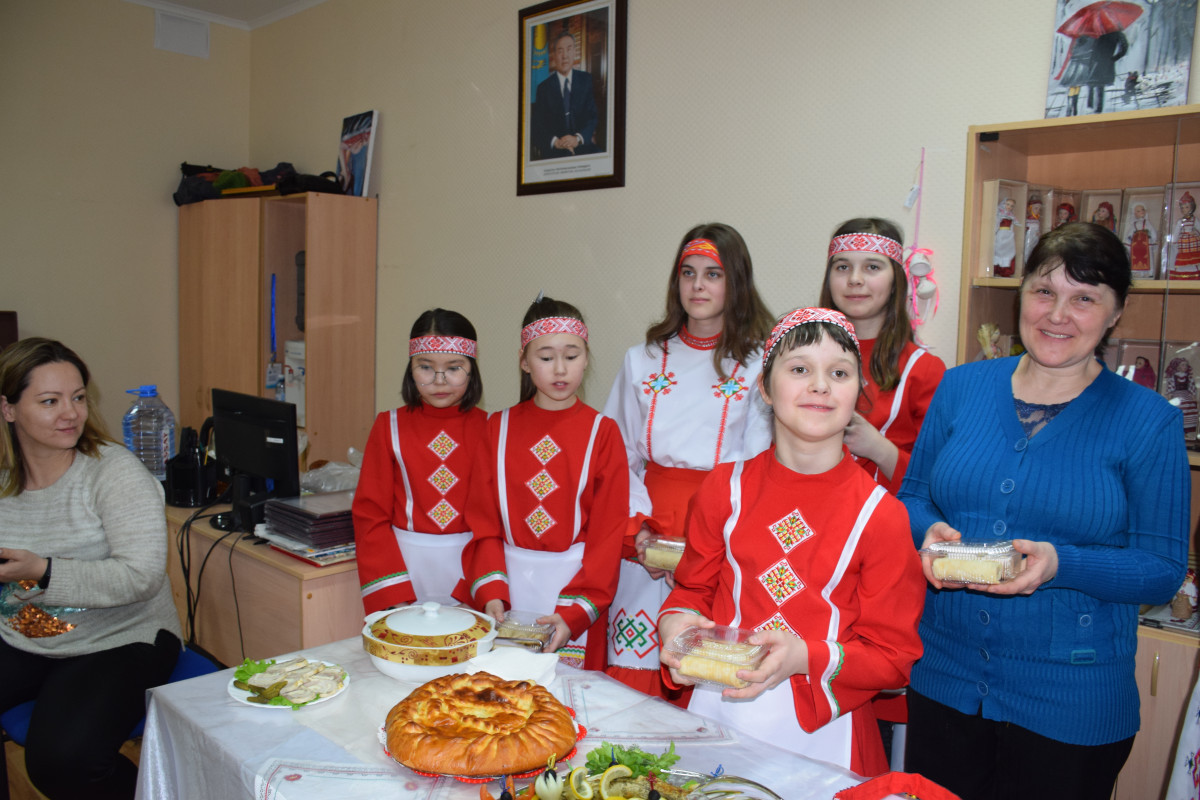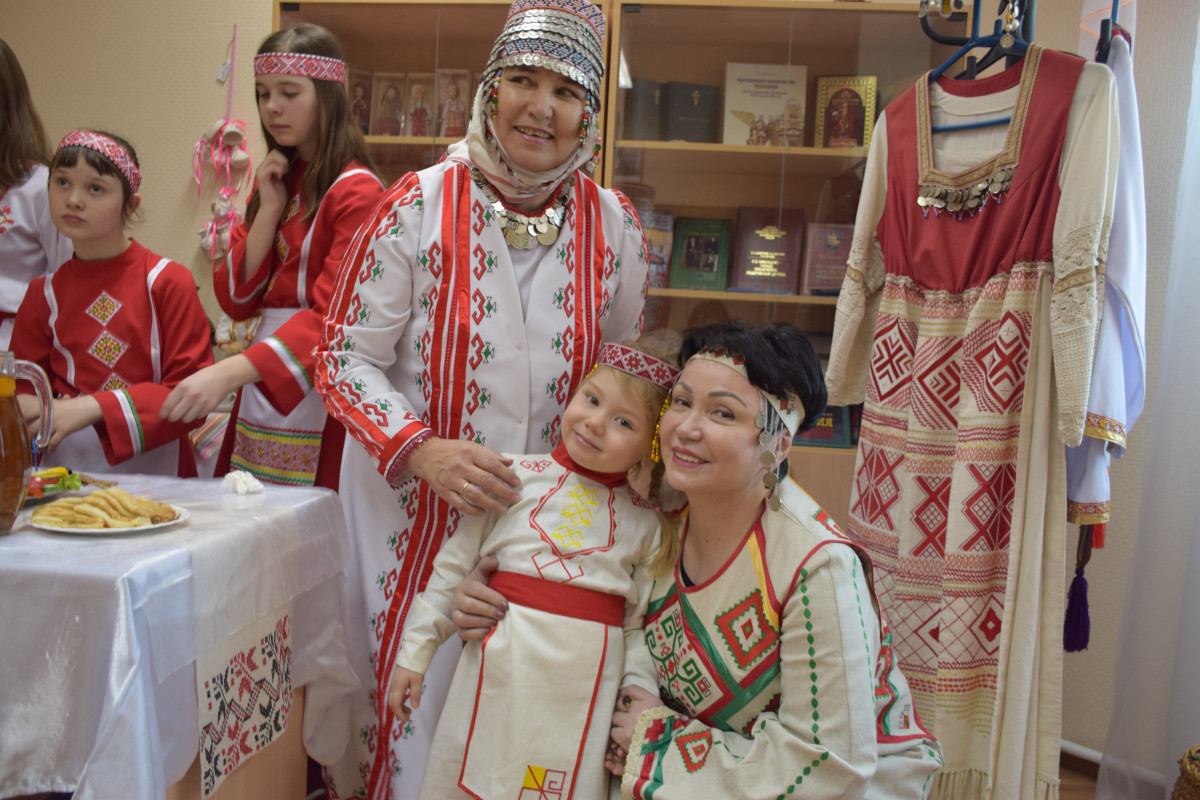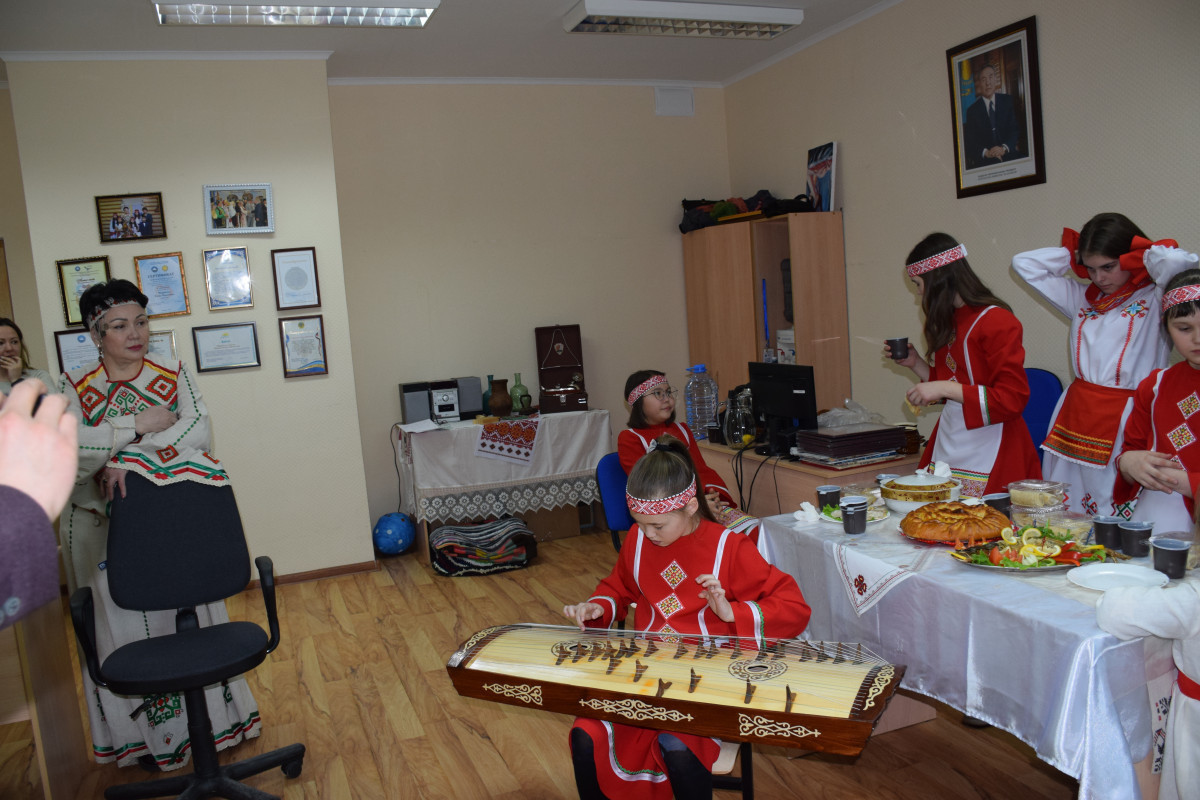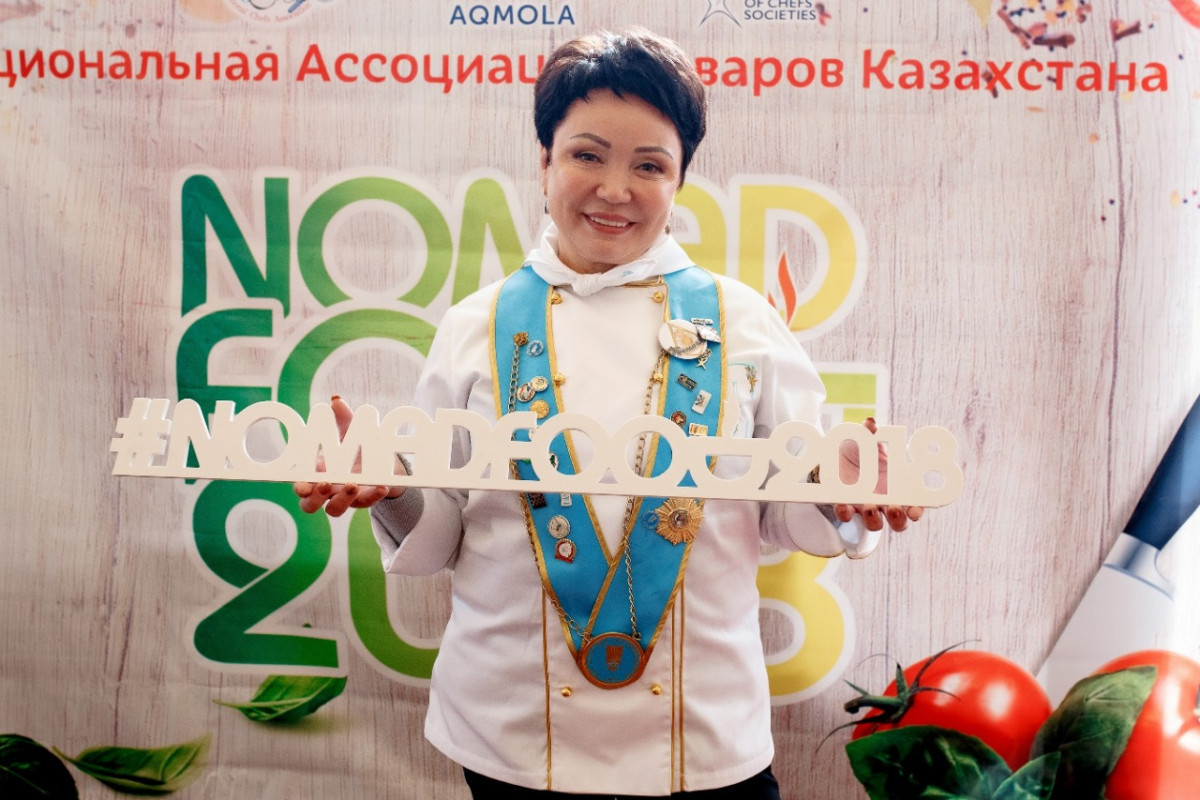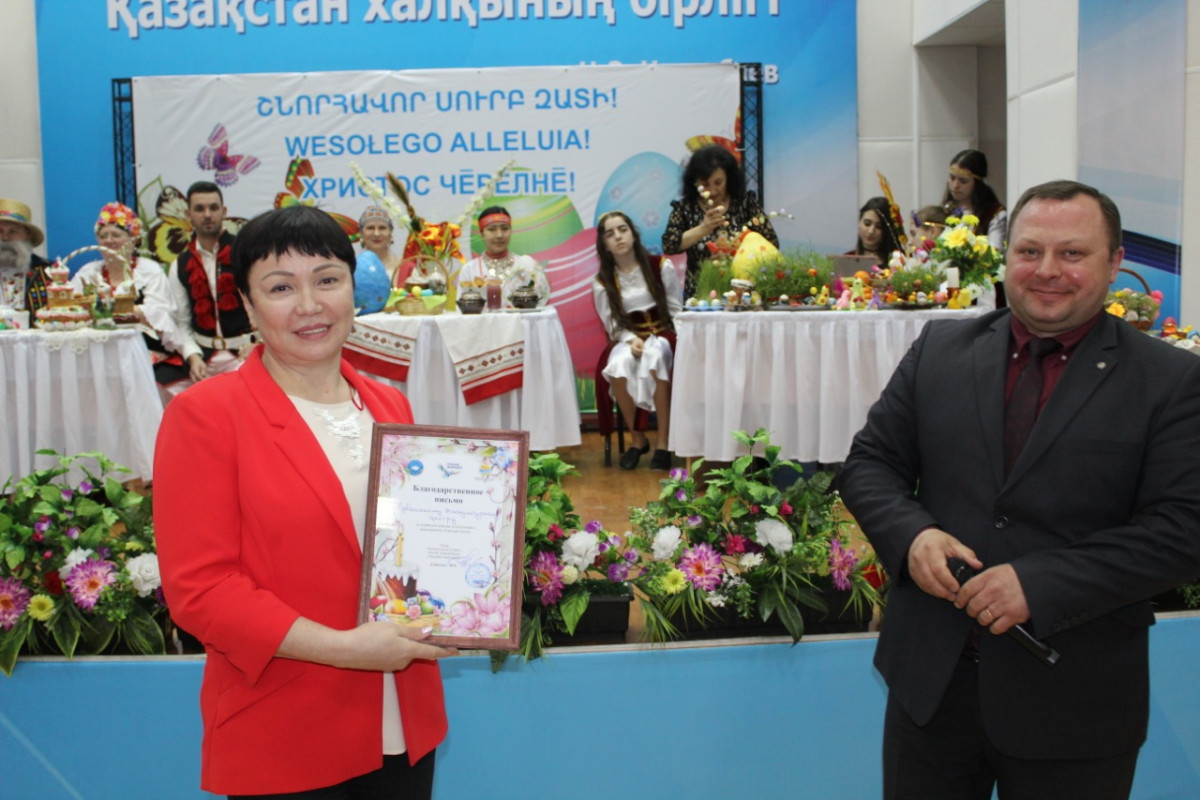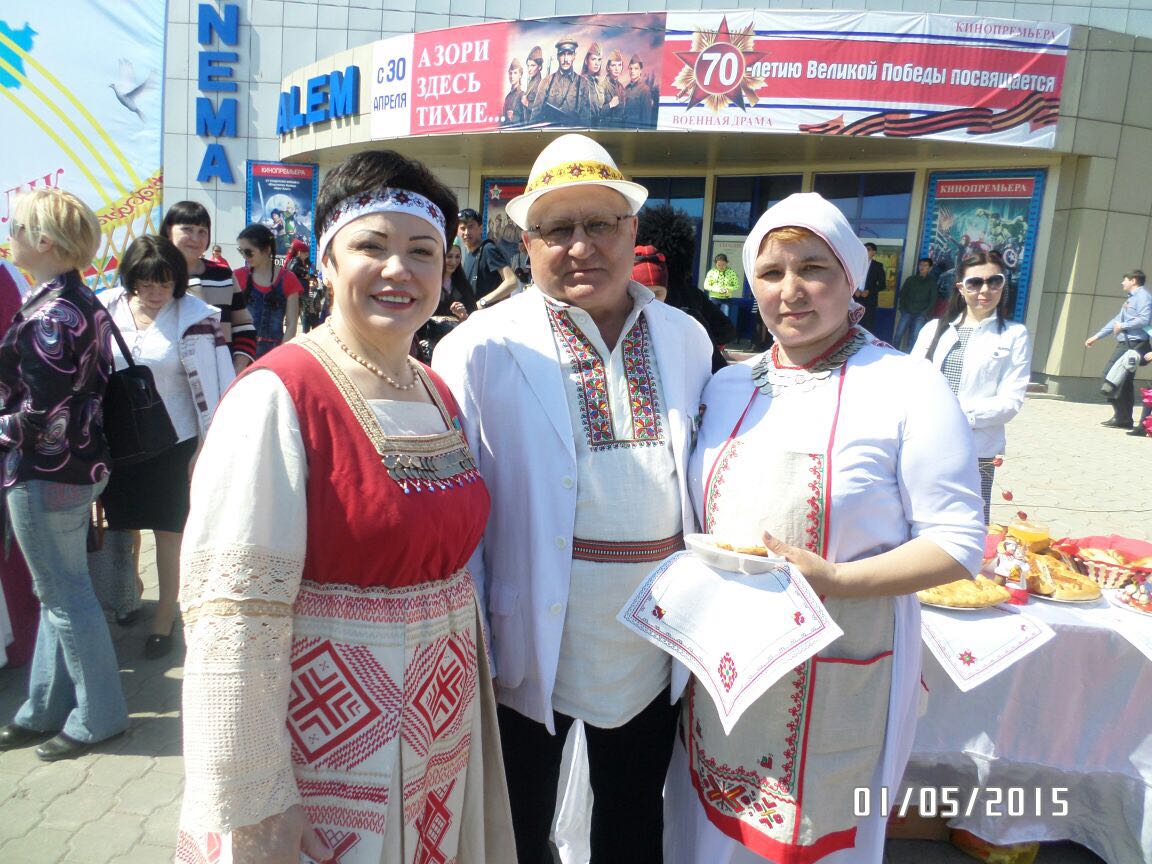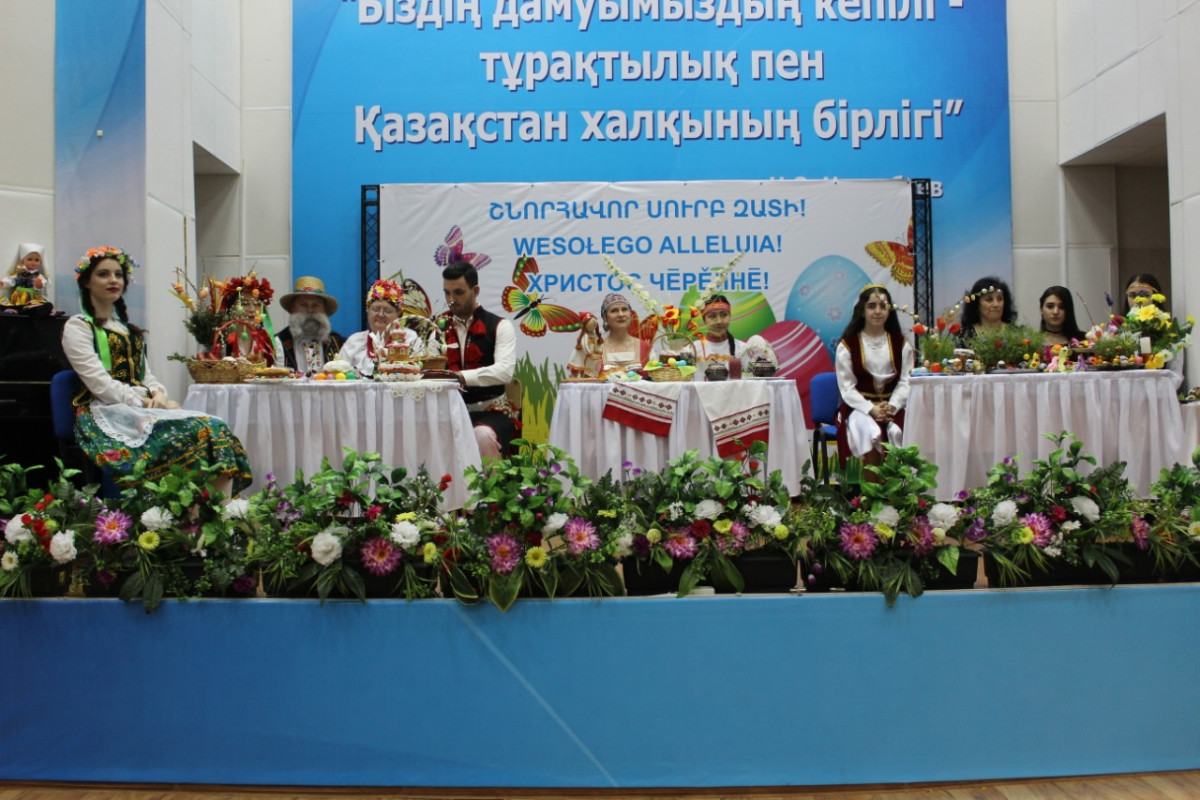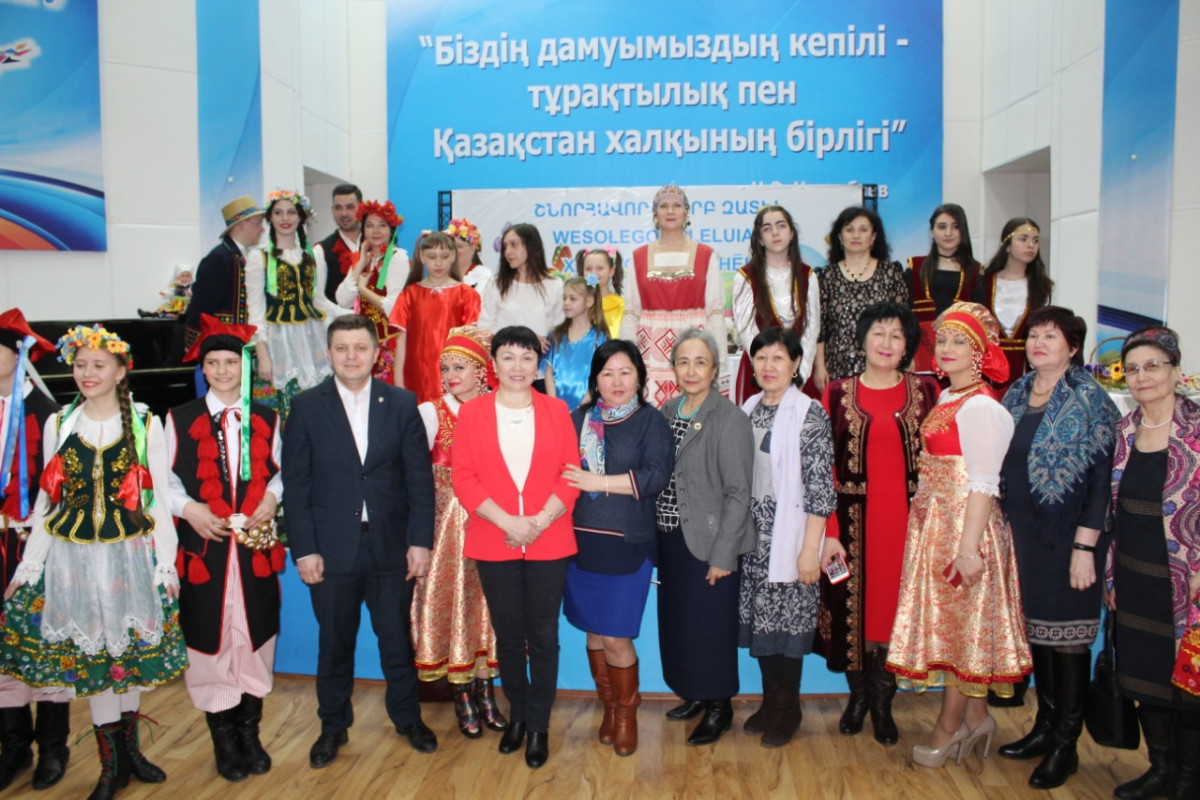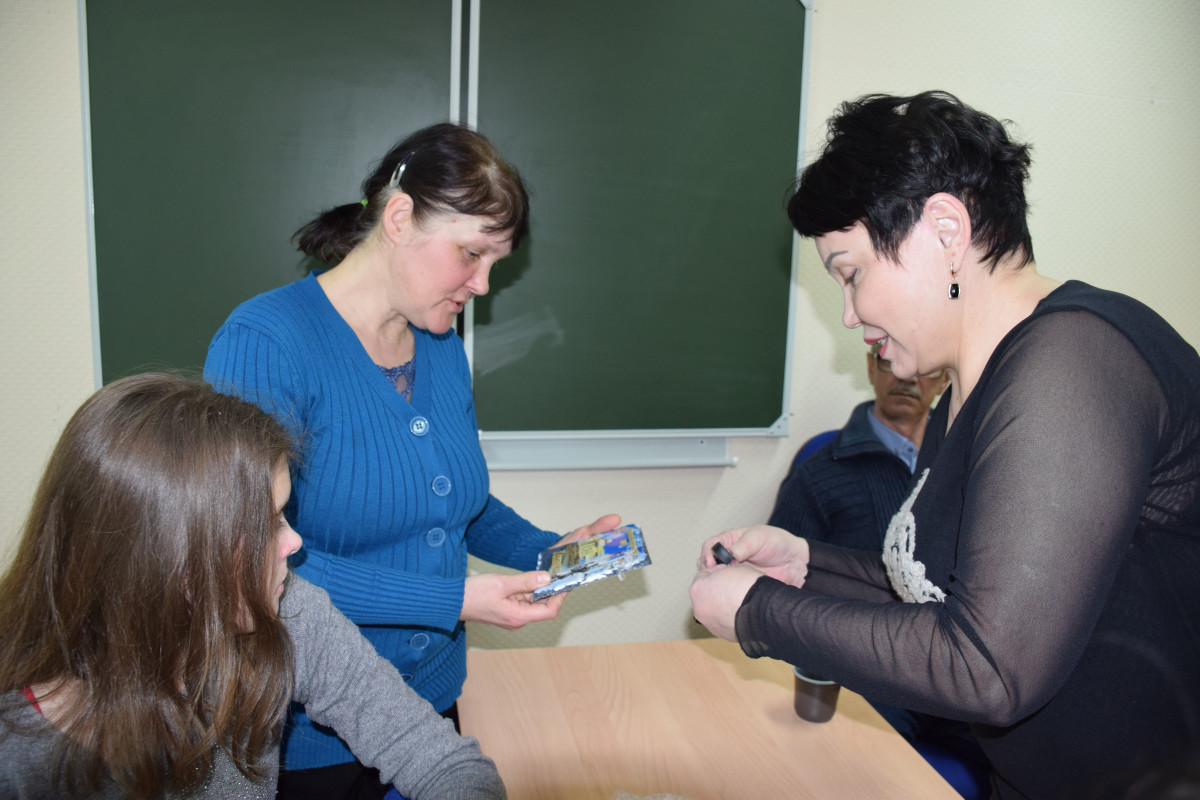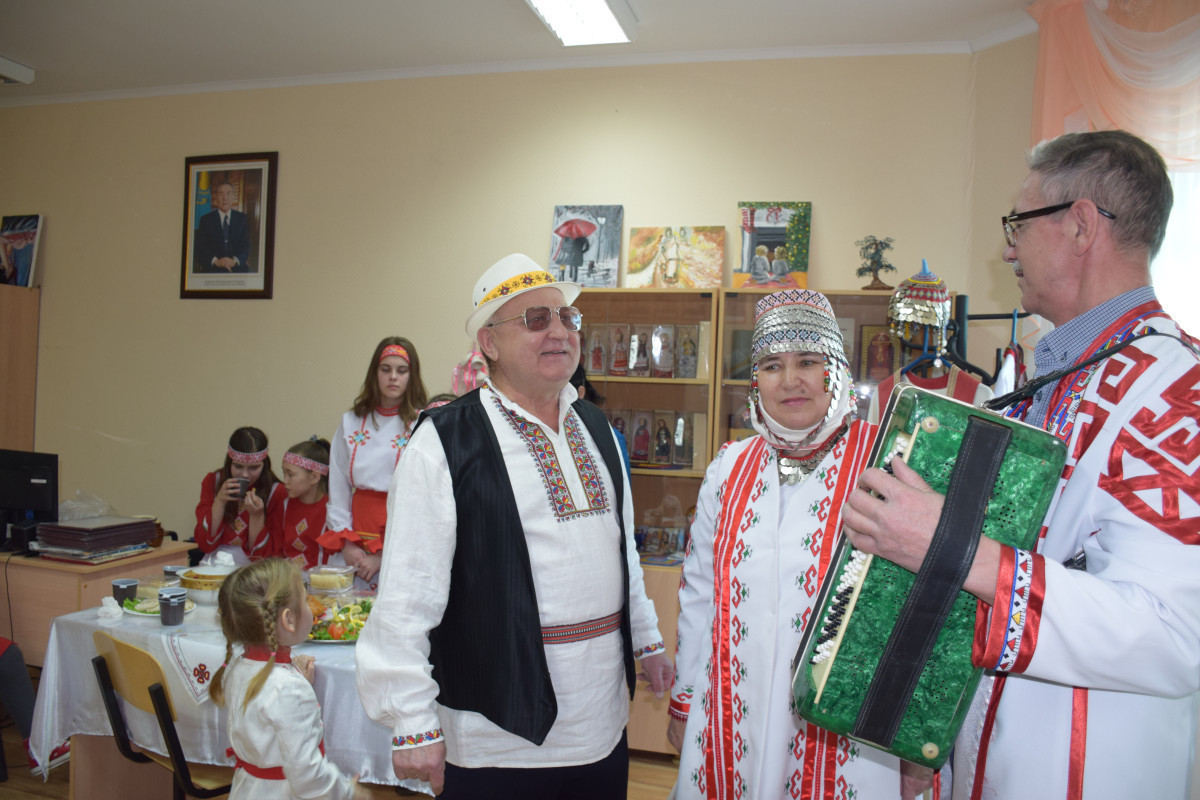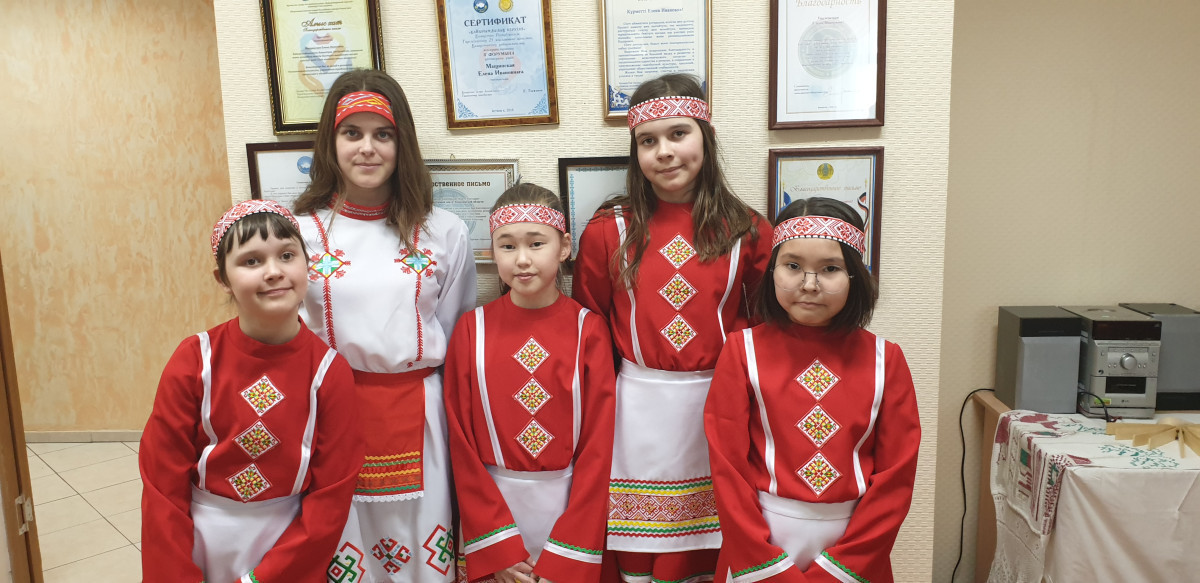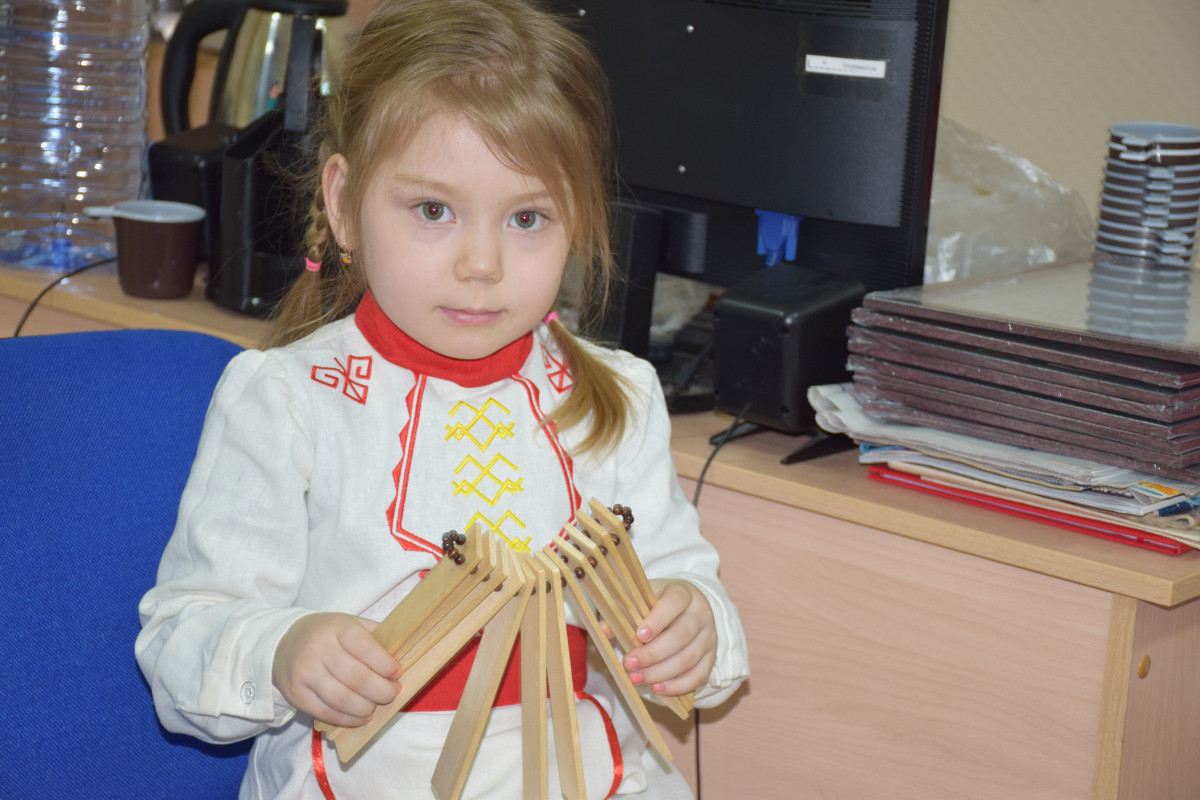THE CHUVASH ARE DESCENDANTS OF SUMERIANS, COMPATRIOTS OF VASILY CHAPAYEV AND VLADIMIR LENIN

The Chuvash are descendants of Sumerians, compatriots of Vasily Chapayev and Vladimir Lenin.
Chuvashia is the edge of a hundred thousand songs, embroideries and words
There are many people on earth who thrive and those who are on the verge of extinction.
There are people on the planet Earth who will never disappear, but they are not so often mentioned. As time has shown, they have something to tell and declare to all humanity. Among them is the great Chuvash people.
Chuvash people live compactly in the north of Russia, in the Chuvash Republic with the administrative center in the city of Cheboksary. There are not so many Chuvash people, 1.5 million people, but as it turned out, this is enough to talk about them with new strength, in a new way.
Chuvash is the fifth largest minor in the Russian Federation. Chuvashia is home to about half of all indigenous people living in Russia, while the rest live in almost all regions of the country, and a small proportion live outside the country. The largest groups are in Kazakhstan, Uzbekistan and Ukraine.
Only in Kazakhstan live about 7 thousand Chuvash people. Most of them are concentrated in Karaganda, Kostanay, North Kazakhstan, Pavlodar and Akmola regions.
And our heroine, whom we will talk about, lives and works for the benefit of her homeland - multi-national Kazakhstan - in Kokshetau in Akmola region. There are a lot of people who talk about her and very often sincerely thanked and blessed for unselfish kind, good deeds. She is adored and loved for her responsive heart, indifference to others and those in need of help. She is not only a loving mother, an active member of society, the head of the Chuvash ethnocultural center, a first-class cook, recognized at the world level, but also a great organizer, manager and soul of the company.
And the most important thing is that today she is a loving mother of many children from Akmola region, who by the will of fate were orphaned early or live in orphanages with their living parents, a kind mother of disabled children, many of whom cannot move independently. She has become a gentle mother to the children of the sun, who have something to say, who sometimes have no one to hear. Our heroine Elena Maschinskaya, an extraordinary person with an open and boundless soul and big heart, comes to the aid of children who are affected by various diseases, paralyzed and chained to a bed or a carriage, children left behind and forgotten by their relatives, but not forgotten by God, as our heroine Elena Maschinskaya rushes to the aid of her heart. Such people as Elena Ivanovna are ready to accommodate all children on the planet into their hearts, giving all of themselves, their love, care without a trace, to the last drop.
***
But first I would like to tell about the history of the Chuvash people so that it becomes clear where the natural responsiveness, generosity, indifference and similarity to the Kazakh mentality comes from, the desire to help others as their neighbors, to extend a helping hand, as the great Kazakh people have already done once, hosting a thousand, millions of disadvantaged people and families, repressed and deported to a distant foreign land, which has become a real homeland during these years.
Chuvash people is one of the most ancient and unique people of the middle Volga region. As scientists believe, the Chuvashes acted earlier under the ethnonym "Suvars". The first is the origin of the word "suar", that is, water people. Do you feel kinship and similarity with the Kazakh language? In Kazakh, "su" is water. That is, "suar" - people living by the water, and the second - "sabar". Kazakh language again has analogy of this word - "sabyr", i.e. peaceful, quiet, humble, meek.
Chuvash people first gained statehood in 1920 under Soviet rule, when the Chuvash Autonomous Oblast was established. Later, in 1925, it was transformed into an autonomous republic.
Chuvash language is a really interesting language in which 85% of the population speaks. In everyday life it is a very often used language and is studied in schools and institutes. It has a fairly large vocabulary, not less than a hundred thousand, and therefore Chuvashia is called the edge of one hundred thousand songs, one hundred thousand embroideries and one hundred thousand words.
Chuvashi is a unique nation that has been able to carry its authenticity through the ages. They are considered descendants of the ancient Sumerians and Huns, but the Chuvashi presented a lot of modern history. At least, the homeland is the symbol of the revolution, Vasily Ivanovich Chapayev.
Some people hypothesize that the Chuvashes are not Turks, but natives of Central Asia, their ancestors - nobody else than Sumerians. The Soviet linguist Nikolai Marra, who believed that the very name of the Chavash people is very close to the name "Sumar", "Sumer", gave rise to such an idea.
Gennady Egorov, a contemporary, proves that the Sumer language is a Chuvash language that has not changed much over the millennia.
Chuvash language is the only living representative of the Bulgarian group of Turkic languages, has two dialects: riding (pelting speech) and grass-roots. The main faith of the religious part of the Chuvash people is Orthodox Christianity, there are adherents of traditional beliefs and Muslims.
Outside the Chuvash Republic, no less than 79 Chuvash national-cultural autonomies, societies, unions and associations are registered. All of them are united by the Chuvash National Congress. There are about five ethnocultural centres in Kazakhstan alone.
An outstanding feature of the Chuvash mentality is loyalty to the oath of allegiance, which has survived to this day and deserves close attention in the formation of units of the modern Russian army. Not without reason Joseph Stalin during the conversation with the Yugoslav delegation on April 19 - April 1947 noted this feature of the character of the Chuvash people.
«В. Popovich (Ambassador of Yugoslavia to the USSR):
- Albanians are very brave and devoted people.
И. Stalin:
- Chuvash people are so devoted. Russian tsars took them into their personal protection" (Girenko, 1991).
Traditionally, Chuvash families have had strong tribal and family ties, just like the Kazakhs.
The main wealth of the Chuvash is family relations and respect for their elders. Traditionally, three generations lived in the family at the same time, and the elderly were cared for with awe, and they, in turn, brought up their grandchildren. Folklore is imbued with songs dedicated to love for parents.
Despite the equality of the sexes, the mother is an "api", for Chuvash people it is sacred. Her name is not mentioned in vulgar conversations, ridicule, even if a person wants to offend. It is believed that her word is healing, and the curse is the worst thing that can happen. A proverb from Chuvash says: "Every day, treat your mother to pancakes baked in the palm of your hand - you will not pay her back for her good, for her hard work.
Despite the fact that the people confessed paganism, they had only one supreme god, Tour, who led people's lives, sent them to disasters, emitted thunder and lightning. Evil was embodied with the deity Shuyttan and his servants - evil spirits. Kazakhs also have the concept of "Shaitan", but it is not identified with the deity in any way, it is most likely a mythical ethnofolklore genre, which is mainly frightened of the little ones.
Undoubtedly, every nation has its own heroes, whom it is proud of, remembers and honors. One of the most famous natives of Chuvashia, born near Cheboksary - the famous Vasily Chapayev. He became a real symbol of the revolution and a hero of the national folklore: he was not only filmed, but also invented witty anecdotes about Russian ingenuity and all sorts of tall tales.
For his short life, he lived only 32 years, there were so many legends and myths that surpassed all conceivable and unthinkable boundaries. This is really a unique person.
Chapaev's cult reached such a scale in the Soviet Union that it seemed as if he was the most successful and outstanding commander of that war.
Stalin's efforts created a kind of cult of dead heroes of the civil war. The film about Chapaev was created under the personal patronage of Stalin, who even supervised the writing of the script. So, at his insistence in the film was introduced a romantic line of Petka and Anka-machine gunner. The chief liked the movie, and the film was waiting for the widest possible distribution, he went to the theaters for several years and there was probably not a single Soviet man who would not watch the film at least once.
Petka also had a very real prototype - Pyotr Isaev, a former senior non-commissioned officer of the Imperial Army music team. In reality, Petka was not a simple ordinary man, but a commander of a communications battalion. But Anka the submachine gunner is a completely fictional character. In the Chapaevskaya division there has never been such a girl, and she is absent in the original novel by Furmanov. In the film, she appeared at the insistence of Sta-lina, who demanded to reflect the heroic role of women in the civil war, and besides that, to add a romantic line.
A decade and a half after his death, Chapaev found such fame that the number of objects named in his honor, stood in line with the most senior figures of the party.
Andriyan Nikolaev, the third Soviet citizen who conquered space, was also from Chuvashia. One of his personal achievements was working in orbit without a spacesuit for the first time in world history.
Iakinf Bichurin (1777-1853) was an archimandrite of the Russian Orthodox Church (in 1802-1823); Orientalist and traveler, a connoisseur of the Chinese language, one of the founders of the Russian synology, the first Russian scientist of the Chinese language, who gained all-European fame.
Prokopy Efremov (1821-1907) - Cheboksary merchant of the first guild, the most famous representative of the Chuvash merchant dynasty of Efremovs, a famous patron of arts.
Ilya Ulyanov (1831-1886) was a statesman, teacher and supporter of universal education for all nationalities. He was a real state councilor. Ilya Ulyanov was famous for his famous revolutionary sons Alexander Ulyanov, Vladimir Ulyanov-Lenin, Dmitry Ulyanov, daughters Anna Ulyanova-Yelizarova and Maria Ulyanova.
Ivan Yakovlev (1848-1930) - Chuvash enlightener, Orthodox missionary, teacher, organizer of folk schools, creator of a new Chuvash alphabet and textbooks of the Chuvash and Russian languages for dudes, writer, translator, folklorist.
Konstantin Ivanov (1890-1915) - Chuvash poet, classic of Chuvash literature, translator of classical Russian literature, was known as a master of portrait painting, as the author of graphic and sculptural works. His fairy tales, ballads and "Narspi" poems published in 1907-1908 are considered the most perfect of all his poetic creations. The poem tells the story of the tragic love of poor Setner for the girl Narspi, daughter of rich parents. Deep hatred for social injustice, dream of freeing the Chuvash people from the shackles of morality of the old society - these are the main motifs of the national Chuvash poet's creativity. The poem "Narspi" is translated into many languages of the world. In particular, it was translated into Russian by Pyotr Khuzangai, a Chuvash Soviet poet and people's poet of Chuvashia. Based on her motifs, several plays have been written, and the Chuvash Opera and Ballet Theatre has also staged an opera on stage.
Tatiana Maximova-Koshkina, alias Tanya Yun (1903-1977), is a theatre actress and the first Chuvash movie actress, playwright, translator. In 1937, as the wife of the "enemy of the people" (her husband - Joachim Maksimov-Koshkinsky (1893-1975) - Chuvash actor and director, organizer of the Chuvash theater and studio "Chuvashkino", playwright, translator, scriptwriter, People's Artist of the Chuvash ASSR) was fired from the theater and convicted under the article "counter-revolutionary activity" for a period of 8 years with maintenance in Karlaga. In January 1940, the NKVD of Chuvash ASSR cancelled the decision of the special troika and she was released from the criminal record. Together with her husband I. Maximov-Koshkinsky she wrote several plays, and since 1957 she has been a member of the USSR Writers' Union. In 1972 she published a book of memories "Days and Years Past". In the preface to it you could read such lines: "I think I am happy. Maybe not all my wishes came true. In my life, there was a lot of hurtful and sadness. But still - happy! Because I am an actress!
"My dream, my passion for my life - to gain respect for the profession of chef, pastry chef and its high status,” will write later our heroine Elena Maschinskaya.
Could our heroine even think in those dashing 1990s that in some 10 years she would not only be able to gain respect for the profession of confectioner and chef, but would also become the head of the republican federation, and then get recognition at the international level? Of course not. But fate so ordered that she received the blessing of the President of independent Kazakhstan Nursultan Nazarbayev in 2008, when the Head of State visited Kokshetau and met with the assets of the region. That was when the very momentous meeting and handshake of the President and his historical instruction took place.
Our heroine was born in Samara region. However, soon, due to family circumstances, she moved to Kazakhstan. At first, Karaganda becomes the place of residence of the future successful businessman, then - Kokshetau in which lives already 23 years. Despite the fact that she was foretold the fate of an honored teacher, contrary to her fate, she devotes herself completely to culinary business.
The road to the Olympus begins in Karaganda, where she finds herself in a restaurant as a student calculator. Later, after graduating from the trade and culinary technical school, she gets a specialty of a technologist.
She always talks about Kokshetau with special warmth.
"Our people are good. My son was born in this city. I gave a lot of money to Kokshetau, so when I came to the city from various business trips, I realize with all my heart how much I love my city! I am always drawn here. I have two children - a daughter and a son. My daughter already has a son. He is my favorite grandson, studying at Nazarbayev Intellectual School. The son is already an adult, he is 22 years old," says E. Maschinskaya.
"I try to celebrate all holidays at home. I love New Year's Eve, Shrovetide, Easter, Forgiven Sunday. Of course, my birthday. I like it very much when the whole family is gathered behind one big dastarkhan. Nowadays, this is very much lacking, I look at others, and they have the whole life on the run, eat on the move. But at the table you can not only eat, but also communicate, learn something new, to show attention" says Elena Ivanovna.
Today E. Mashinskaya is in charge of "Toi Dastarkhan" LLP, in the system of public catering, which she dreamed of from early childhood. She gave a conscious part of her life to pro-professional culinary activity. In one way or another, her life is closely intertwined with the pre-machine hearth, warmth, creation of home comfort, cooking, stove, frying, cooking. In a word, everything that makes her truly happy and peaceful, as if she only has peace and oblivion in her.
Not accustomed to getting something for nothing, Elena Maschinskaya from childhood knew the bitterness of the loss of loved ones, at the age of six, her mother was gone. But these circumstances only made her even stronger and more courageous. She is struck by the fact that she never remains indifferent and always extends a helping hand.
In 2003, Elena Maschinskaya was elected President of the Republican National Chef Association of the Republic of Kazakhstan, in 2005 Chairman of the Union of Employers-Kokshetau, and four years later Chairman of the Association of Entrepreneurs of her native city.
In 2014, the businesswoman radically changed her field of activity. She decides to direct all his life experience in another direction - to open and develop the work of the Chuvash ethnocultural center.
Thanks to its exactingness, diligence and creative approach to every new deed, it not only manages to put the work of the public association on stream, but also to fill it with new content and meaning, the work of the center is developing harmoniously and reaches a new qualitative level of work.
There are more than 1000 people of Chuvash nationality living in the region, 30 people of different ages are the activists of the center.
The association contributes to the preservation of ethno-cultural values of Chuvash living in Kazakhstan: Chuvash culture, language, identity and national traditions.
The Association constantly collects data about the Chuvash living in Akmola region. A youth wing has been set up and a class for the study of the Chuvash language has been opened at the Shanyrak school. Evenings-portraits of prominent figures of the Chuvash ethnic group have been held. For example, for a long time the evening-portrait of the veteran of work, the virgin landsman, inventor Osip Troitsky and anniversary evening of the honored worker of arts of RK Valery Tarasov were remembered. Activists of the center take part in the events held by “Kogamdyk kelisim” MPI from the day of opening of the center charitable help to various strata of the population is rendered.
In order to popularize folk art, the center held a competition-exhibition of sewing "Beauty will save the world", and the contest of drawings for the national day of the family, which was attended by students of schools of the city, aroused great interest.
Elena Ivanovna takes an active part in the social and political life of the city and the region more than a dozen times, not forgetting to participate annually in professional culinary events, representing the national cuisine of the Kazakh people at the international level - it is also a tribute to the patriotism and devotion to their country.
"For some reason, the profession of chef is considered to be not prestigious. This provision should be changed. In fact, this profession is more important than many others, and the question of prestige depends on us. Look, all meetings at a high level, diplomatic and business, how do they end? Bread and salt! And what we see today, what a huge staff shortage! There are only a few professionals in this sphere," Elena Ivanovna is sure.
Special attention should be paid to the fact that our heroine was the author of the idea of co-authorship in the association of cooks of courses on teaching deaf-mute children and children with hearing deficiencies to cook's work. Today about 20 graduates work successfully and are full members of society.
"When they are invited to participate in competitions and festivals, they like to judge national cuisines. Thanks to this, you can learn a lot about traditions, customs and recipes. Each country brings and shows something new, its own cuisine, showing the peculiarities. As a member of the World Association of Culinary Unions, I participate in congresses every two years. Imagine how interesting it is to know new names, the order of dishes, the choice of drinks to the table and other nuances" says our heroine.
By the way, Elena Ivanovna has long been elected a deputy of the Kokshetau city masli-khat, and now she is a deputy of the regional electoral body. The authority and trust in her personality is so great that she was nominated three times in a row as a candidate for deputy and all three times unanimously received the right number of votes of her voters.
In this capacity, our heroine is tirelessly holding meetings with the citizens, explaining them the new bills, the main provisions of the Address of the Head of State and telling the events of the region. Throughout all her professional and deputy activity Elena Ivanovna constantly supports vulnerable groups of the population: children with disabilities, as well as the House of Mercy, the Red Cross Society, actively participates in citywide events, supports Club of Funny and Inventive League, the Society of Afghans. And this is far from a complete list of her gratuitous mercy.
"I am very sensitive and perhaps too kind. Some say simplicity is worse than stealing. Sometimes it is abused. There used to be a sense of guilt if someone couldn't help or refused. But I've already learned to say no, or rather, I've been taught", - our heroine confesses purely-heartedly.
Elena Ivanovna has an international award - a diploma of the world-famous institute VATEL (France) "For outstanding contribution to the development of national cuisine, promotion of its dissemination and prestige at the international level.
If you put all the awards together, there is probably not enough space to place them in one place. It has been awarded all kinds of medals, which are simply not counted.
Just last year, with the active participation of Elena Maszczynska, the first international gastronomic festival "BURABAY NOMAD FOOD" was held in the resort area of Burabay.
The festival pursued the goals of development and promotion of gastronomic tourism in Kazakhstan, realization of creative potential of professionals and amateurs in the field of cooking, carrying out vocational guidance work among young people.
International gastronomic festival "BURABAY NOMAD FOOD" became a good platform for masters of industrial training and students from lyceums of the region on "live" training of new technologies from the leading cooks and cooks from the republic and abroad.
And I would like to finish the story about Elena Maschinskaya with expressive lines of the poem by the poet Robert Rozhdestvensky "Chef": "The Earth is also generous because there are chefs in the world!
As long as there are cooks, cooks, such wonderful and dedicated people as Elena Maschinskaya, there is full confidence that in our country culinary business and art will only flourish and will reach a new qualitative level of development as a separate sector and a separate industry. After all, the future is in the hands of tourism, and culinary tourism is gradually gaining authority all over the world. It means that it makes sense for us to think about what we will present to the world community, not how and in what form we will present our rich heritage, the heritage of the Great Steppe people to them.
 Subscribe to our Telegram channel and be the first to know the news!
Subscribe to our Telegram channel and be the first to know the news!
